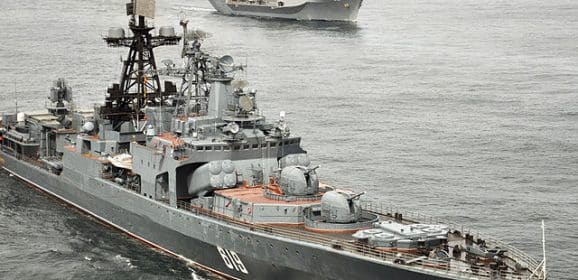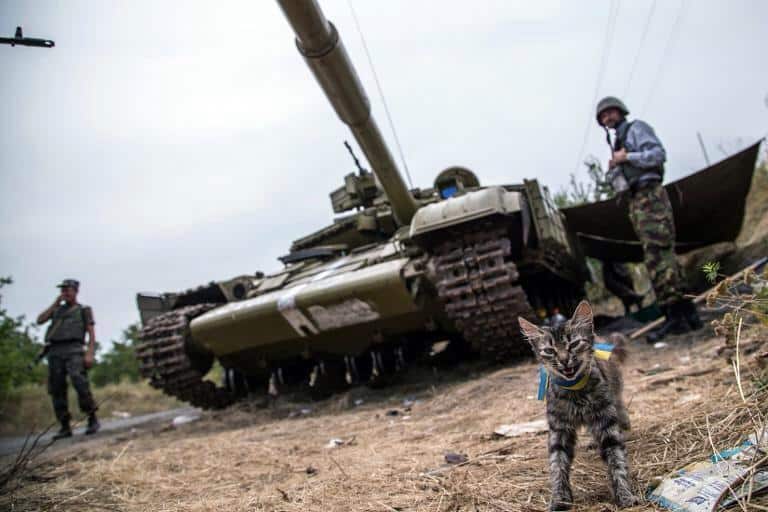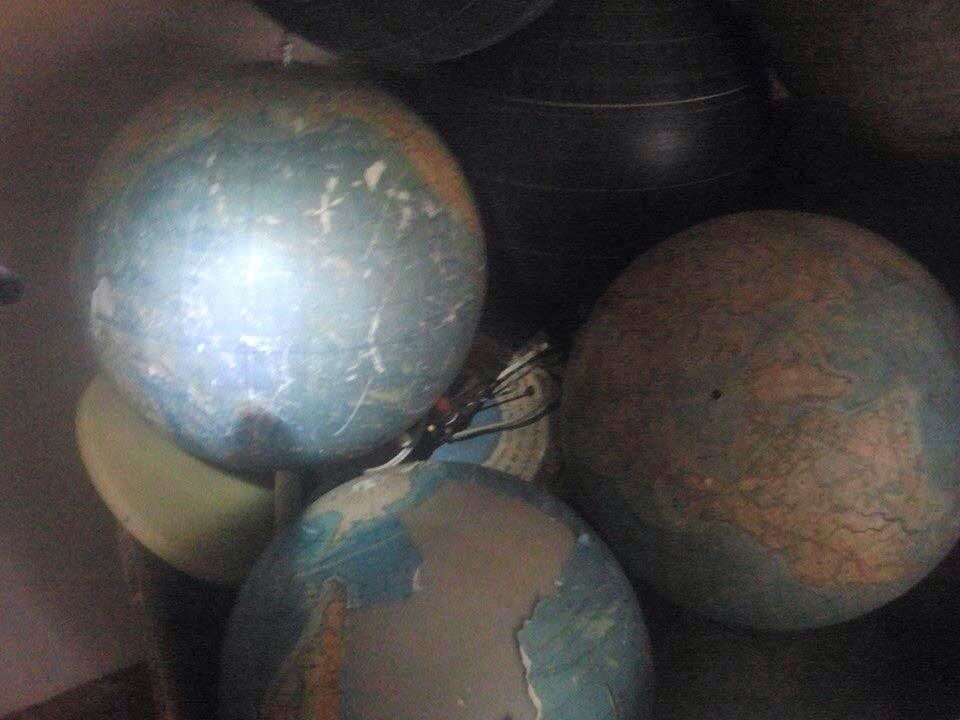Pirates of the 21st century. What is the Russian Black Sea Fleet and what can be expected from it?
Monday, September 11, 2023 - 09:15 (EEST)
“Stop machine! Stop engine! Keep calm and listen to me!” These words, spoken in terrifying English by armed Russian Marines in August, made headlines around the world. Russian military personnel stopped the ship Şükrü Okan flying the flag of Palau in the Black Sea, about 30 nautical miles from the Turkish coast. The vessel was supposedly headed to the Ukrainian city of Izmail and did not respond to “warning signals.” In essence, this incident served as a clear confirmation of how Moscow intends to enforce its blockade of the humanitarian corridor, which it announced following the collapse of the “grain deal.” Western experts interpreted these actions as an example of piracy in the 21st century. Such behavior is a stark indication of Russia’s nervousness over its inability to withstand attacks from Ukrainian drones targeting the “pride of Russia” — the Black Sea Fleet. Ukrainska Pravda (media outlet) investigated the current state of the Russian Black Sea Fleet, which, since February 24, 2022, has gone from bravado in intimidating Ukrainian border guards near Snake Island to the sinking of the flagship Moskva, attacks on the fleet’s bases, and constant drone strikes from Ukrainian troops. The fleet of discord At the time of the Soviet Union’s dissolution, the Black Sea Fleet was considered one of the most materially well-equipped within the USSR. Its total fleet size, according to various estimates, ranged from 800 to 2000 vessels, with approximately 300 of them being combat-ready. It is these combat-ready vessels that we will focus on in this article. It is not surprising that such military might become a source of discord between Kyiv and Moscow. The fleet could not be decisively divided until 1997 when the infamous Treaty of Friendship and Cooperation was signed between Ukraine and Russia. Concerning the Black Sea Fleet, the treaty clearly favored Russia, which acquired over 80% of the fleet’s assets, including ships. Source: Ukrainska Pravda While these arrangements cannot be considered favorable for Kyiv, they included several clauses that influenced the development (or rather, degradation) of the Black Sea Fleet in the following decades. “First of all, it should be noted that there was an economic crisis at that time, and many ships could not be adequately maintained; they were sold for scrap metal. Additionally, under the terms of that treaty, Russia was not allowed to introduce...
Read more










